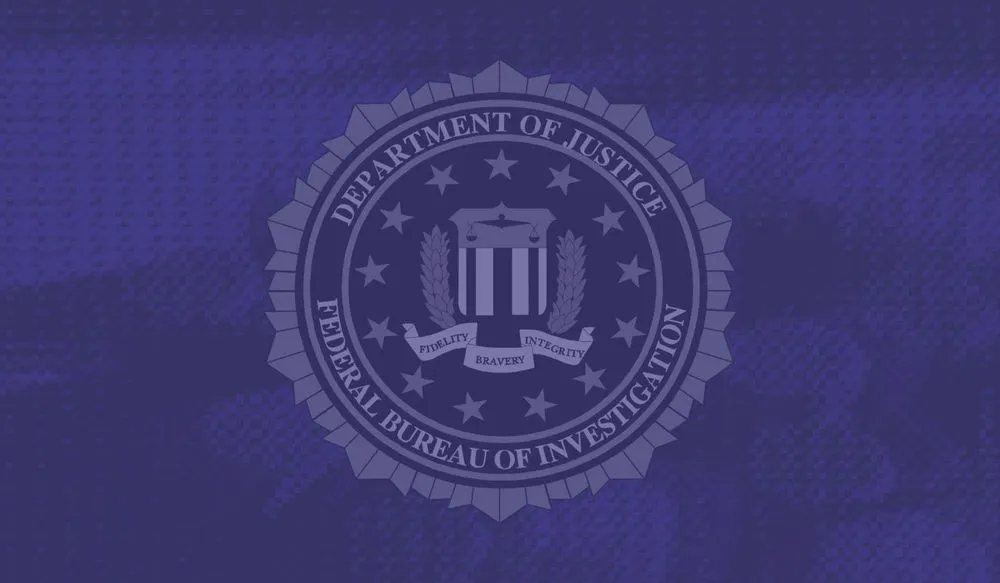Divided oversight panel recommends new limits for Section 702 searches
A key government oversight board is divided along partisan lines about placing new restrictions on a controversial foreign surveillance tool before it lapses at the end of the calendar year.
The recommendations from the Privacy and Civil Liberties Oversight Board (PCLOB) could pose a new headache for the Biden administration, which desperately wants to renew the authority known as Section 702 of the Foreign Intelligence Surveillance Act.
It allows U.S. intelligence agencies to conduct warrantless surveillance of the electronic communications of non-American citizens outside the country. However, it also incidentally gathers the personal data of an unknown number of Americans.
In a 3-2 split, Democratic panel members on Thursday recommended that spy agencies should be required to obtain court approval before they can query the massive repository of data gathered under the statute for information on U.S. citizens without acquiring a warrant.
Although the majority didn’t recommend ending the program, citing its national security value, the proposed requirement would likely seriously curtail the number of Section 702 searches that the FBI carries out.
A National Security Council spokesperson said the proposed mandate is “operationally unworkable and would blind us to information already in our holdings that, often, must be acted upon in time-sensitive ways in order to prevent lethal plotting on U.S. soil, the recruitment of spies by hostile actors, the hacking of U.S. companies, and more.”
In a statement, Board Member Travis LeBlanc called 702 a “key feature” in domestic intelligence and criminal law enforcement.
“Such a program warrants court approval of individual U.S. person queries, which would reduce compliance errors, promote accountability, and build public trust in a surveillance program long beleaguered by a wide range of privacy and civil liberties threats,” he said.
The suggestion prompted a rebuttal from the panel’s Republican members, who called it a valuable tool for national security.
“We strongly disagree with the majority of the Board, which has not focused on the actual risks at hand,” board members Beth Williams and Richard DiZinno said Thursday in a statement.
The fallout from the report, which overall makes 19 recommendations to bolster the surveillance program’s privacy protections, is a sharp contrast to the last time the board reviewed the program in 2014 when it unanimously approved 10 suggestions to improve it.
It is also a departure from the findings of the President’s Intelligence Advisory Board from earlier this year. That body recommended Congress enhance the rules on Section 702 but did not propose a warrant requirement.
The latest conclusions, while non-binding, are sure to hamstring the White House’s months-long campaign to renew Section 702 before it expires. The administration has declassified several instances where the tool was used, particularly against cybersecurity threats, and national security leaders across the federal government have made public statements that paint a dire picture of what would happen if it were to lapse.
“If we lose this authority, it is catastrophic for our national security efforts,” Deputy Attorney General Lisa Monaco said Tuesday during a Washington Post Live event.
The oversight board’s report is sure to be seized on by congressional critics of Section 702, who have pointed to recently declassified opinions made by the Foreign Intelligence Surveillance Court, which oversees the program, that have found repeated privacy violations by the FBI.
Previous opinions found the bureau had improperly searched the database for information on individuals at the January 6 riot and the protests following George Floyd’s death. A more recent opinion found that while reforms the FBI made to prevent such incidents were having an impact, analysts still improperly gathered data on Americans.
“I don't, candidly, know exactly how this plays,” a senior administration official told reporters on Wednesday.
“But I do know it's a tough report for the Hill to receive because it's really two in one and moreover, there's a piece of the three member one that really is, in our view, quite challenging,” said the official, who spoke on the condition of anonymity to discuss the matter.
The official said the White House thinks entrenching the changes the FBI has made into law would be “an excellent way to enhance guardrails, protect privacy, ensure compliance going forward with this program, without the sort of operational detriment that we see in a recommendation like the one that concerns us here.”
The official signaled the administration would be open to other tweaks but declined to go into detail.
Thursday’s report is already being cheered by privacy advocates.
Jake Laperruque, the deputy director of surveillance at the Center of Democracy and Technology, called the majority’s recommendation a “game-changer on the most fundamental issue of the FISA 702 debate.”
“The simple fact is, court approval for U.S. person queries is the only way to both protect security and guard against surveillance abuse.”
Former NSA General Counsel Glenn Gerstell derided the suggestion.
"When the FBI is hot on the trail of a foreign ransomware gang, or a spy agency is tracking a shipment of fentanyl precursor chemicals from China, it makes no sense to have to wait days or even weeks for a court to approve letting our government see information that could stop those cyberattacks or drugs from harming Americans," he said. "With the new rules adopted by the FBI and other agencies, it's hard to see how a court review is going to really advance privacy, but it's easy to see how it could endanger efforts to keep our country safe."
Martin Matishak
is the senior cybersecurity reporter for The Record. Prior to joining Recorded Future News in 2021, he spent more than five years at Politico, where he covered digital and national security developments across Capitol Hill, the Pentagon and the U.S. intelligence community. He previously was a reporter at The Hill, National Journal Group and Inside Washington Publishers.



